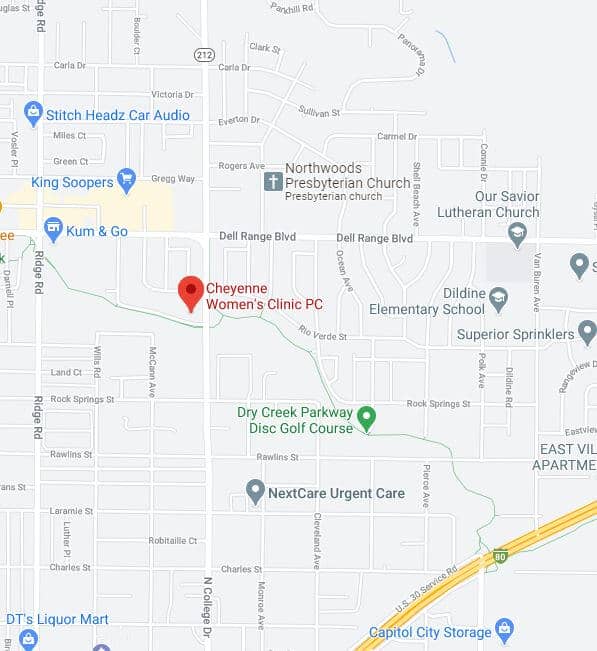For most women carrying healthy babies, travel during pregnancy is fine up until you are 36 weeks pregnant.
If you are planning a trip, the best time to travel is typically in the middle of your pregnancy between about 14 and 28 weeks. Most common problems that occur during pregnancy happen in the first and third trimesters. In the middle, any morning sickness you may have been feeling should be gone and you should be feeling energized. It will also be easier to get around than it will later in your pregnancy.
Travel Considerations
- Location – If you are pregnant or planning to become pregnant, it is not recommended to travel in areas where there is an active Zika virus or malaria outbreak. See the CDC website for travel health notices and special travel considerations for pregnant women.
- DVT – Deep vein thrombosis, or DVT, is a condition where blood clots form in the legs or other parts of the body. These clots can be dangerous because they can travel to the lungs and cause a pulmonary embolism, which is a life-threatening condition. Sitting and not moving for long periods of time can increase the risk of DVT. Being pregnant further increases your risk. To reduce your risk:
- Drink lots of fluids
- Wear loose-fitting clothing
- Walk and stretch at regular intervals
- Traveling by car – Take stretch breaks every few hours on long car trips. Be sure to wear your seatbelt – keep the lap belt below your belly and the shoulder belt off to the side and across the center of your chest.
- Traveling by plane – Check with your airline for restrictions for flying while pregnant. Most domestic flights require a medical certificate from your doctor to fly later than 36 weeks, and international flights may restrict you earlier. Book an aisle seat so you can stand and stretch your legs.
- Traveling by ship – If you are going on a cruise, make sure there is a doctor or nurse on board and plan your stops to be where there are modern medical facilities. Ask your doctor for the best medication to take for seasickness and have that with you. To avoid contracting a norovirus infection, watch your hands frequently. Seek medical attention if you develop diarrhea and vomiting at the same time.
When to Seek Medical Care
Go to a hospital or find medical treatment right away if you experience any of the following:
- Vaginal bleeding
- Pelvic or abdominal pain or contractions
- Your water breaks
- Signs and symptoms of preeclampsia (headache that won’t go away, you see spots or have other changes in your eyesight, your hands and face swell)
- Severe vomiting or diarrhea
- Signs of DVT in your calf, ankle, or thigh (warmth or tenderness, pain or sudden swelling, skin redness, or constant pain in one leg while standing or walking)
Taking a vacation with your partner before the baby comes can be a fun and memorable experience. Just take precautions for the safety of the health of both of you and make an appointment with your doctor before you travel.







